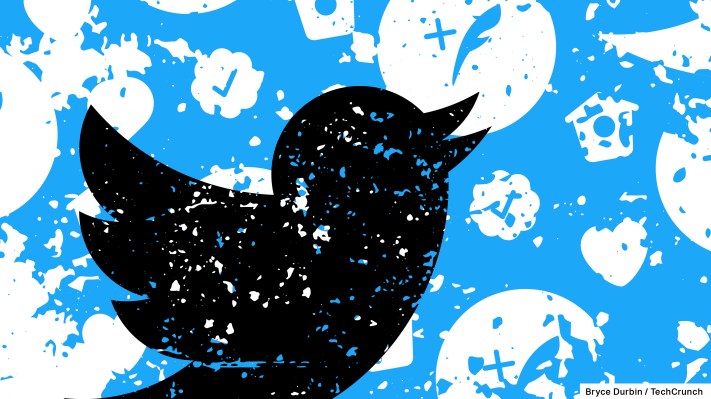

Twitter has been working on Spaces Recordings, a feature that will let hosts share tweets with audio recordings of past Spaces. Now, when hosts share the recordings, they’re able to see how many listeners joined live, as well as how many people replayed the recording after the fact.
A Twitter spokesperson said that the long-teased feature will remain in closed testing for a bit longer, but that they have expanded the testing group a few times since launch. Twitter does intend on rolling out this feature more widely in the future.
When a Space is being recorded, users in the live space will see a “Rec” button with a red dot next to it. If a host shares the recording later, they can edit the start time so that future listeners don’t have to hear minutes of dead air if the Space didn’t start right away. When listening to a recorded Space, users can see who’s talking and who was in the room, similar to in a live Space.
These features are useful for listeners, since they’re able to asynchronously engage with content that they may miss from their favorite hosts. But for the hosts themselves, this replay feature makes it easier to build an audience. Clubhouse added a similar feature in November called Replay, which also lets users download audio so they can edit it and share it as a podcast if they so choose. Since June, Twitter has let users download their Spaces audio files from the last 30 days.
Spaces has become a staple of Twitter, even occupying the center tab on its mobile app. But the growth of the live audio feature hasn’t come without setbacks. Recently, Twitter Spaces users have reported being served blatantly harmful content — including Spaces with racist titles that remained on their feeds even after being reported. Other live audio apps like Clubhouse have also struggled with moderating hateful content. Twitter hasn’t yet detailed if or how its moderation of Spaces will expand beyond its existing reporting features.
“We’re exploring more proactive detection and working on evaluating and developing new moderation options,” a Twitter spokesperson told TechCrunch. “Spaces is an iterative product and as more people use it, we’ll continue to learn, thoughtfully listen and make improvements based on feedback.”

